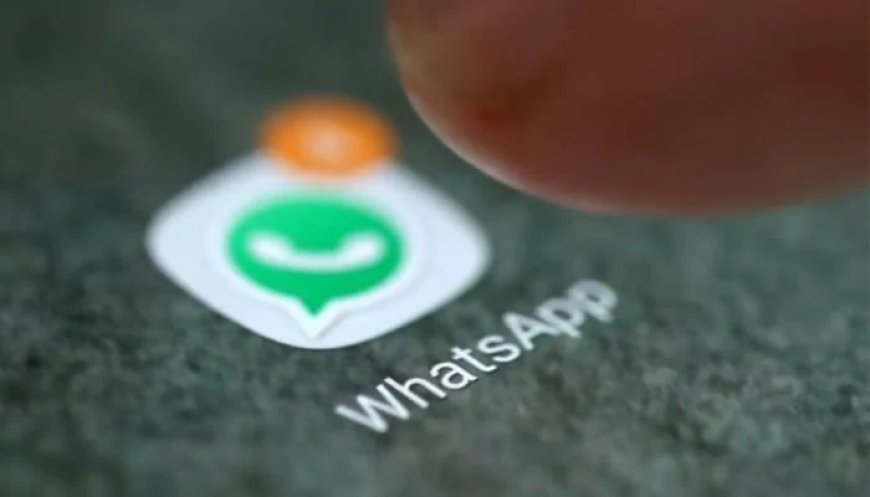How does WhatsApp make money without charging its users?

1. WhatsApp may be free but maintaining an extensive worldwide database is not an inexpensive operation
WhatsApp, boasting nearly three billion users globally as of 2024, ranks among the world’s leading messaging applications, facilitating both personal and business communication.
Operating on robust servers located in multiple data centers, the app remains free for users, offering features that enhance its worldwide appeal. However, despite its no-cost model, maintaining such an extensive operation comes at a price. So, how does this free app generate revenue?
One significant factor is its ownership by Meta, the tech giant led by Mark Zuckerberg, which also oversees popular social media platforms like Facebook and Instagram. But there's more to the story.
According to the BBC, WhatsApp monetizes its platform by providing services specifically designed for businesses that want to engage with users through their personal, free accounts. Since last year, companies have been able to create channels for free on WhatsApp, allowing them to send messages to subscribers who choose to follow the channel.
Businesses pay a premium for access to interactions with individual customers via the app, encompassing both conversational and transactional exchanges. For example, users in Bangalore, India, can now purchase bus tickets and select their seats, all through WhatsApp.
"Our vision, if we get everything right, is that businesses and customers should be able to complete transactions directly within a chat thread," said Nikila Srinivasan, Meta's vice president of business messaging. "This means you should be able to book a ticket, initiate a return, or make a payment without ever leaving your chat thread, and then seamlessly return to your other conversations."
Additionally, businesses can opt to pay for a link that directs users to start a new WhatsApp chat straight from an online advertisement on social media. Srinivasan noted that this alone is now worth "several billions of dollars" to the tech giant.
Moreover, Matthew Hodgson, co-founder of the UK-based firm Element, believes advertising remains the most popular business model for messaging apps. "Many messaging platforms generate revenue by selling ads, monitoring user behavior, and targeting them with the most relevant advertisements," Hodgson explained.
He added that even with encryption and anonymity in place, these apps don’t need to access the actual content of messages to glean significant insights about their users, allowing them to use that data for advertising purposes. "It’s the old adage — if you, the user, aren't paying, then chances are you are the product," he concluded.

















































